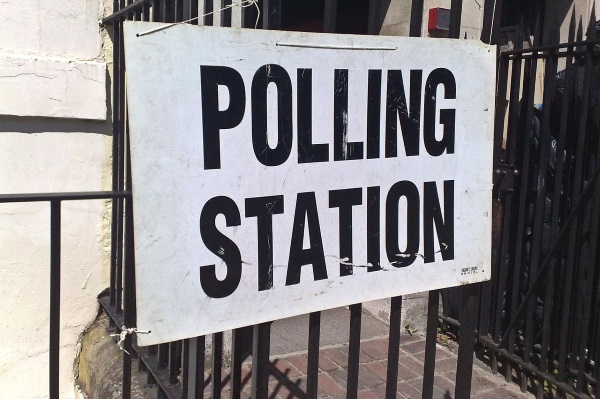After more than a month of campaigning, election day looms. Are party promises for education trustworthy enough to determine where we mark our cross, or is there more at stake?

The NAHT’s summary of the party manifestos offers a simple table of the various education policies that voters should keep in mind when they head to polling stations on Thursday.
There are some notable and well-publicised differences, such as the Conservatives’ pledge to lift the ban on the setting up of new selective schools is opposed by Labour and the Liberal Democrats.
But broadly speaking, there’s little here that we haven’t seen before – or at least little with any merit!
Perhaps I’ve become jaded, seeing in these manifestos a set of promises that will only prolong the sector’s financial woes and – in cases such as the mental health proposals – add to schools’ long list of responsibilities.
It feels as though one party takes the least popular policies of the other and proposes a contradiction, without any greater idea of the situation ‘on the ground’ – or any more conviction.
So, what has been missed?
If asked to write my own manifesto (heaven forbid), I would put capital investment at the top of the list. Not the paltry amount of investment that schools have available now, but significant sums that will actually make a difference.
It’s all very well sketching blueprints for new school buildings, or putting aside cash to introduce on-site nurseries, but what about our existing buildings that are long overdue a fresh coat of paint?
It’s also very ‘pie-in-the-sky’, I think, to promise a technical education for all when we can’t even afford the tools to provide it! Simply put: if ICT is to have pride of place on the curriculum, it needs greater funding.
Simply put: if ICT is to have pride of place on the curriculum, it needs greater funding
I could go on, but essentially I’ve seen few pledges that are affordable at source. They shouldn’t lack ‘blue sky thinking’, but they should be achievable nevertheless. SBMs are often asked to do the impossible, so wouldn’t it be nice to have a government that would allow us to do it?
There are, admittedly, the odd proposals here and there that resonate. Removing the apprenticeship levy for school staff and reintroducing the School Support Staff Negotiating Body would have a significant impact on school business management, as would pledges to invest in new school buildings.
I'd like to believe that these aims are true; that we will finally see changes that benefit schools in the long term and line their cash-strapped pockets. But the cynic in me looks at this election and is assured that education is still the battered, slightly deflated football of politics.
Back to my original question: should our vote be based on policies for education? As someone in the profession, will it make up my mind? Although there is no doubting the importance of education, a lot is at stake in this election.
Ultimately, I predict that other issues will take a back seat when the nation decides which party has the best strategy for negotiating Brexit.
But all will be revealed in only a few days' time!